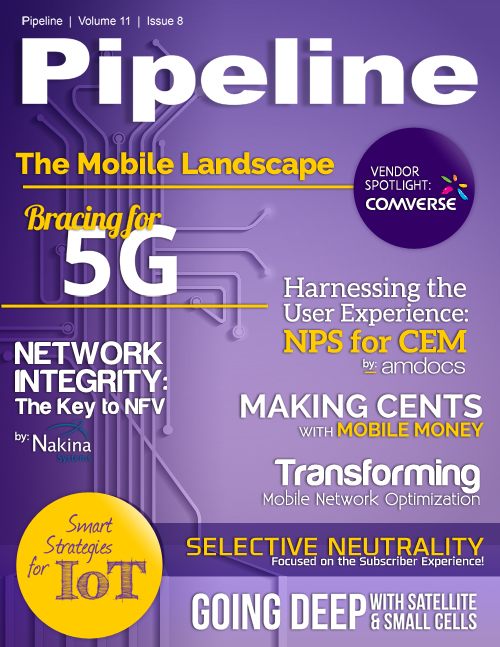Making Cents with Mobile Money
While these lessons can and should be applied in the West, opportunities in the developing world are still ripe. "According to market research, 2.5 billion people in the world do not have a bank account, yet an estimated 1.7 billion do have access to a mobile phone," said Patrick McGrory, division president for Amdocs' emerging offerings. "This represents a huge market opportunity for network operators and banks, and one which does not end with financial inclusion of the unbanked. The convenience and speed of mobile financial services are attractive to everyone."
New concepts in payment
Like everything else in the digital world, payment instruments can be abstracted. This is most popularly associated with cryptocurrencies, like Bitcoin. However, even though Bitcoins might exceed the risk tolerance of the average person, most consumers are already familiar with alternative forms of payment in the form of loyalty points. Imagine being able to order an Uber and settle the transaction in airline miles, or pay a phone bill with in-game credits earned by watching advertisements. A whole host of new payment concepts can be introduced and monetized, and often from outside the realm of traditional regulation, creating exciting (and disruptive) possibilities for agile operators.
Put down that wallet, and reach for the phone
Mobile money is poised to revolutionize the financial services landscape, and numerous companies from disparate market verticals are competing for this emerging opportunity. Network operators are taking advantage of this shift to boost their average revenue per user (ARPU) in an attempt to stanch the bleeding from traditional revenue engines. The demand for mobile money services and the technological capabilities are not the hold up--instead it is interoperability, cost, and complexity that has prevented mobile money solutions from taking off.
There are many ways for service providers to become active in the mobile money space, from a simple contactless payment portal, to a converged mobile wallet, to an alternative money manager (M-Pesa, T-Mobile Money), to an end-to-end financial services provider partnered with a bank. Partnership, rapid development, and full-scale commitment is necessary to achieve traction in mobile money.
Each of these opportunities requires next-generation systems that are agile, scalable, and highly secure, and there are several very good options on the market. As we have learned from the developing world, if mobile money services are safe, convenient, and easy to use, they can become a new profit center for mobile network operators.





















